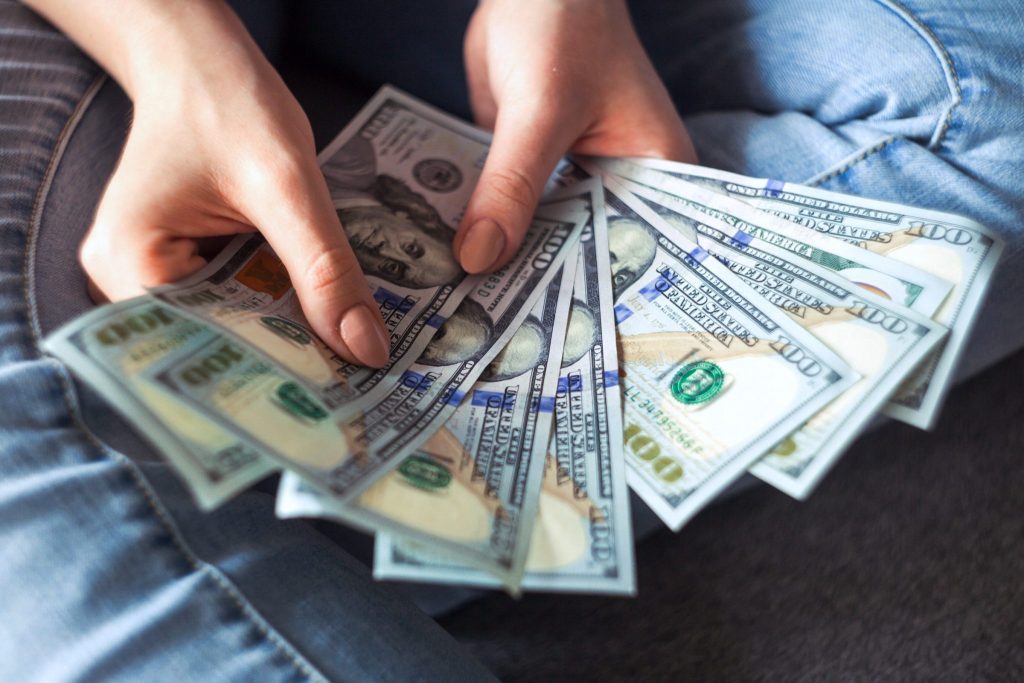It’s no secret—earning an MBA costs money. Since everyone’s spending habits and lifestyles are different, it’s hard to predict exactly how much money you will need. Coming from a country where student debt totaled USD 1.4 trillion in 2019, I knew I had to plan my finances carefully. Three months before starting at ASB, I was aggressively saving. I even started renting out the extra room I had in my apartment to save up as much as possible.
The ASB website said that I needed USD 17,000 for personal expenses for the duration of the program. After starting at ASB, I budgeted my savings for the next 20 months. I used an app to keep track of all my expenses. Now that my first year at ASB has passed, I will be re-budgeting and trying to come up with ways to cut down on expenses.
At the beginning of the program, I took a closer look at my savings and investments. I set aside USD 4,000 as a rainy-day fund and another USD 2,000 for a flight home. I created a spreadsheet and divided out the rest of my savings by the number of months I had left at ASB.
I converted this amount to Malaysian ringgit (RM) and downloaded an app called Money Manager to keep track of all my spending. The app allows me to track sources of income and expenses with the option to include a detailed description for every transaction. I have a monthly budget of USD 700 and have only been spending half of that. The Money Manager app gives me a breakdown of my expenses as a pie chart.
Every month, my biggest expense is food, comprising more than half of the total. Although eating out and food delivery in Kuala Lumpur is inexpensive, it still remains the largest portion of my expenses. See below for the expenses I tracked over three months of living in Kuala Lumpur.
Food
Monthly Spend: USD 235
Daily Average: USD 7
This total includes breakfast, lunch, dinner, snacks, groceries and non-alcoholic beverages. Food prices in Malaysia vary. On campus, we have access to discounted food, but options outside of campus can be pricy depending on your preferences. The most I have spent for on-campus food is around USD 2.50, which covers an entrée with two different sides and a drink.
In the evenings, I usually order from Grab or Food Panda, which are similar to Uber Eats. These apps let you order from a wide variety of restaurants and deliver the food to your doorstep for roughly USD 6, including the delivery fee. On the weekends, I usually dine out and spend USD 6-8 per meal.
Transportation
Monthly Spend: $45
Daily Average: $1.50
On the weekdays, I walk between the residential and academic campuses and rarely spend money on transportation. Most of my transportation expenses are incurred over the weekend. My usual form of transportation is Grab, which is similar to Uber and an inexpensive and convenient option. You can always save extra by taking public transportation, which will cost you around USD 0.30.
Travel
Travel expenses vary the most and will not be consistent on monthly basis. Depending on travel and spending habits, this expense will be different for everyone. The first three months that I lived in Kuala Lumpur, I only travelled within Malaysia, spending an average of USD 92 per month. This amount only includes roundtrip airfare and accommodation.
Other Activities
For activities and entertainment, taking into account that I seldom drink alcoholic beverages or go out, it is no surprise that I usually spend around USD 30 per month. For shopping, which includes beauty products, toiletries, and clothing, I spend around USD 23 per month. Other expenses such as phone bills and other miscellaneous items average around USD 10 per month.
Next year, I will readjust my monthly budget. My ultimate goal is to cut my expenses by 30%. This is possible in the new residential facilities, which provide us with access to our own kitchens. I look forward to cooking more often instead of ordering food, which alone will help me cut down on my biggest expense. Additionally, the new residential campus is closer to public transportation, which will help me reduce my expenses further.
Living as an MBA in Kuala Lumpur is relatively inexpensive compared with many other cities around the world, but it’s still important to keep track of your finances. So before embarking on your MBA journey, make sure to start saving, define your budget and put in place a system for tracking and optimizing your expenses. Planning ahead will save you time, stress, and ultimately money.





